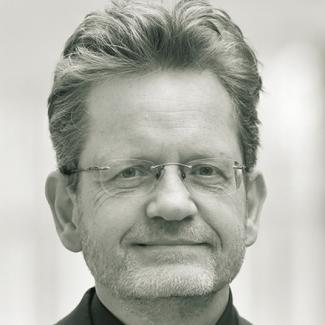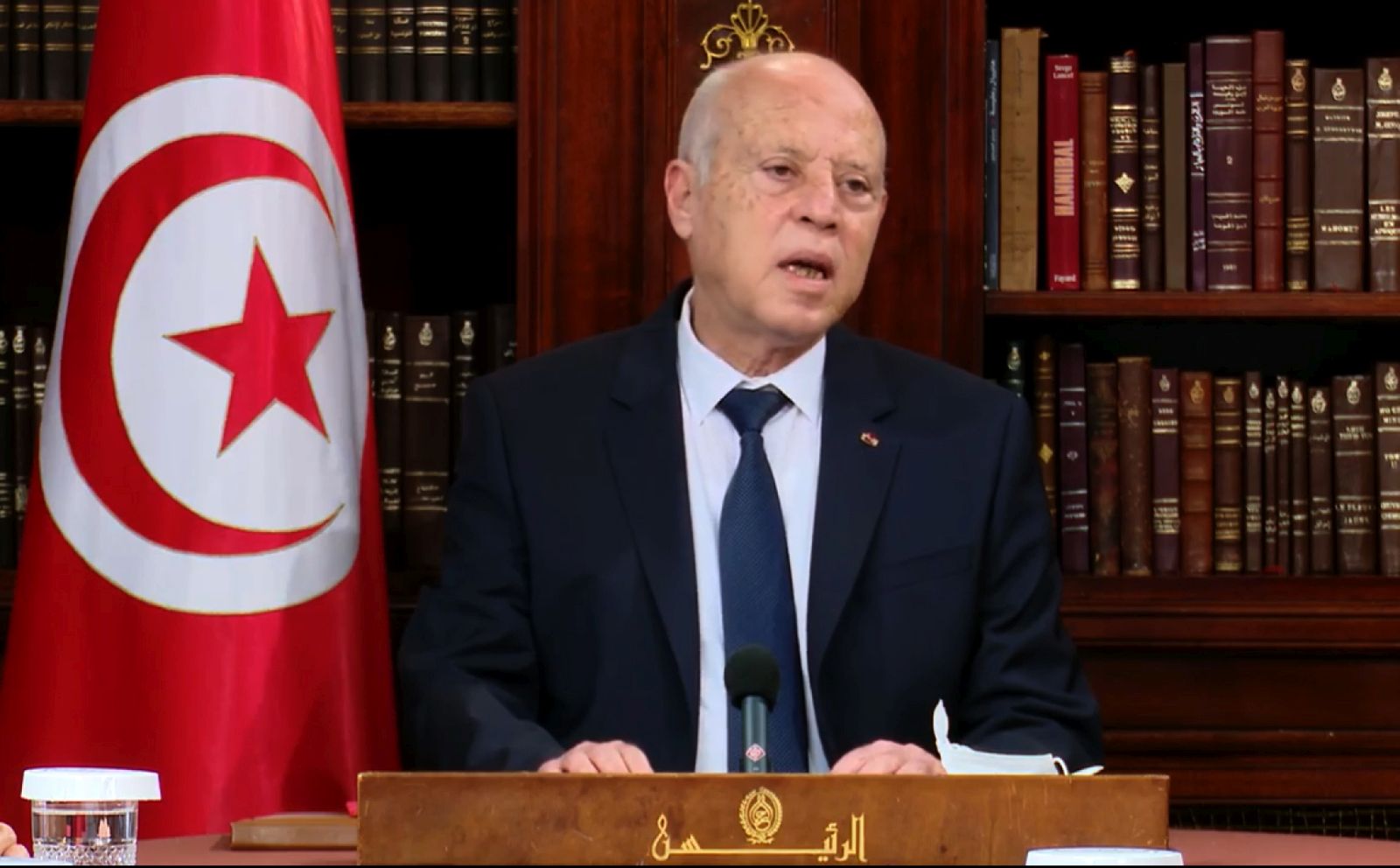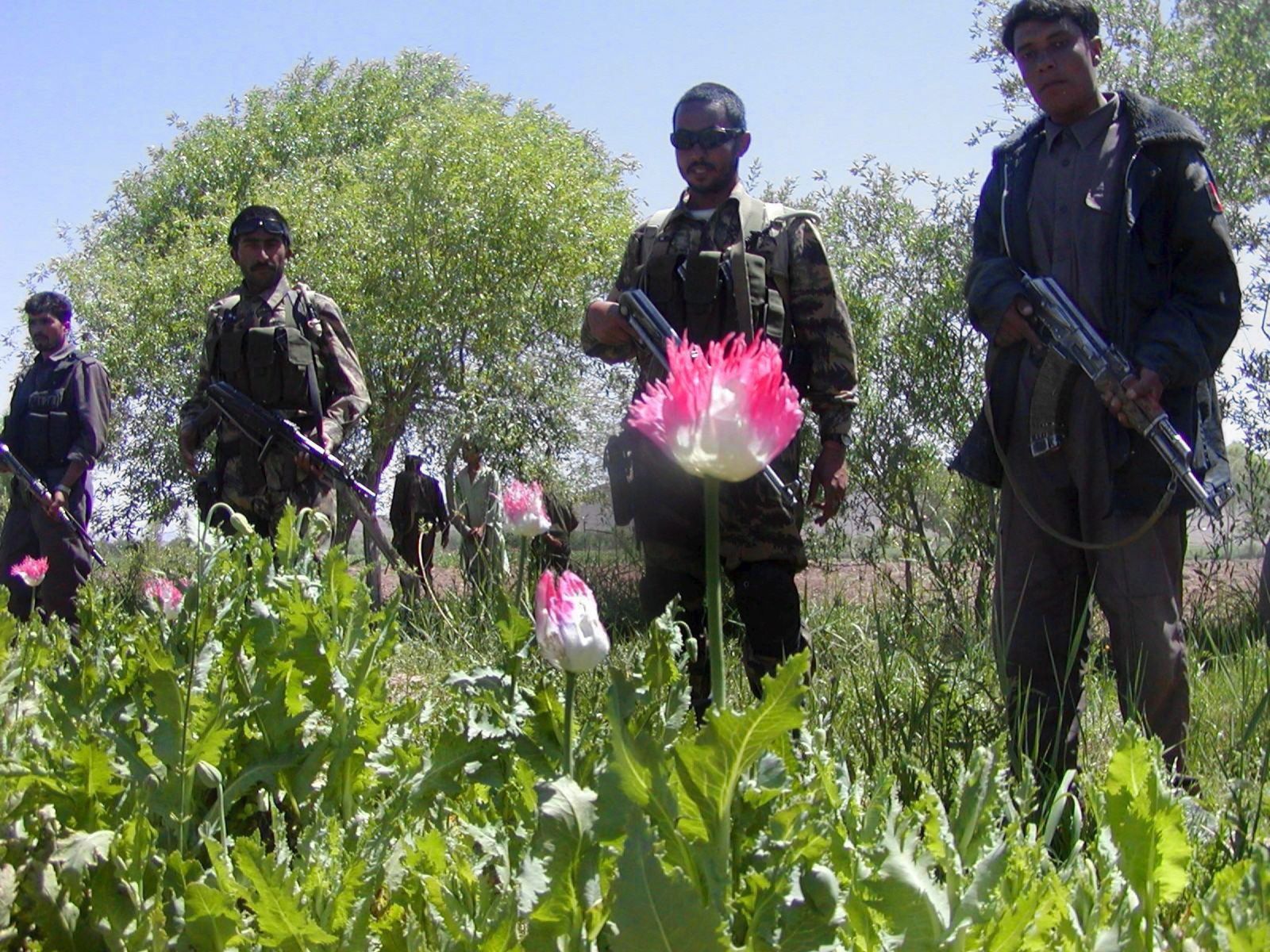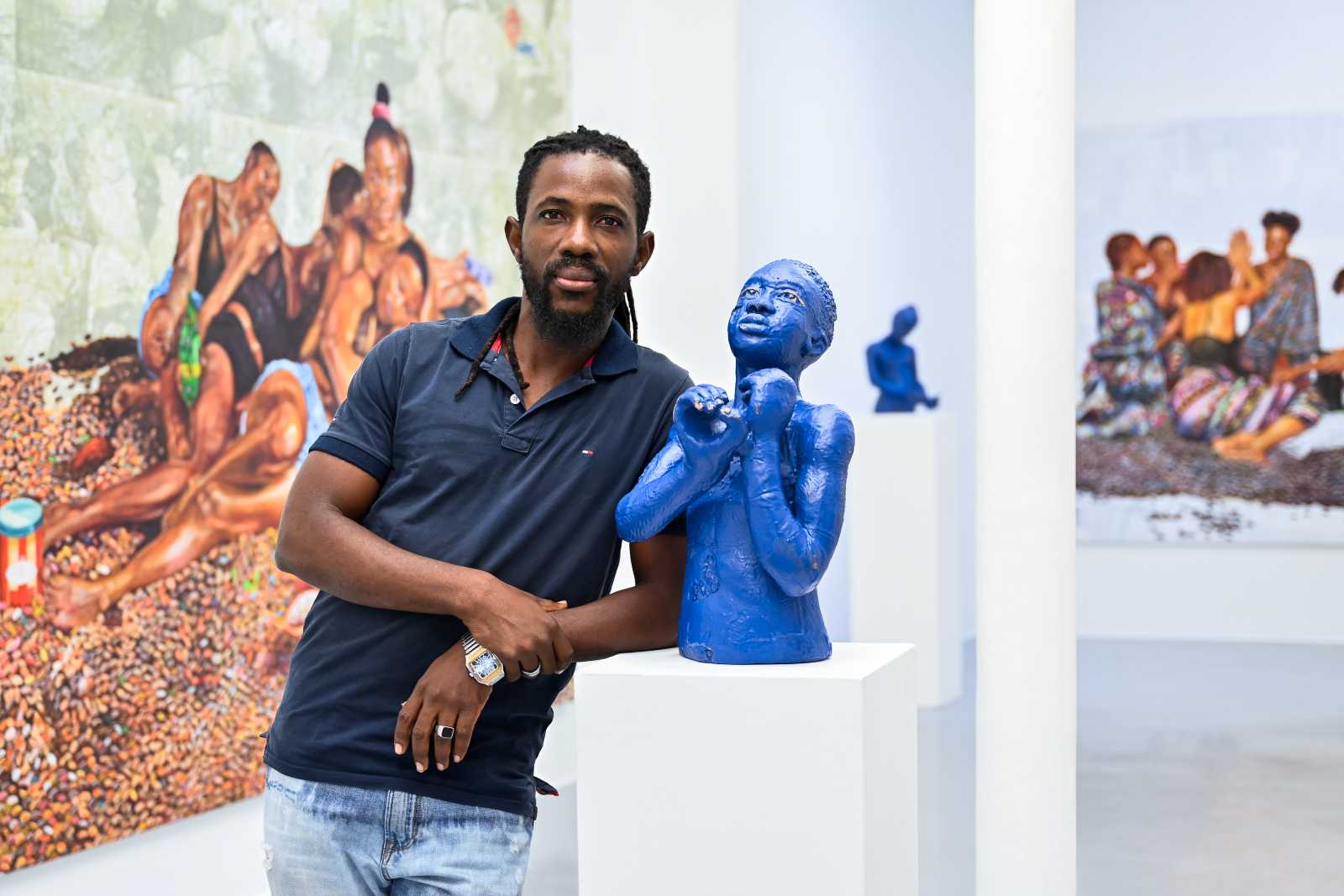Global Governance
Misguided criticism
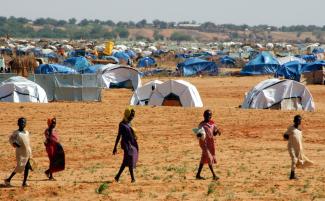
The reason for African leaders’ current displeasure is the prosecution of Kenya’s President Uhuru Kenyatta and his deputy William Ruto before the ICC in The Hague. Kenyatta accuses the tribunal of racism. Some African heads of state and government concur and call for an end to trials of sitting presidents.
It is indeed bad for the Court’s reputation that all the investigations it has formally opened so far, are related to the African continent. Nonetheless, the criticism of neocolonialism, or even racism, is unjustified. There are substantial legal and factual reasons for the Court’s present focus. All current investigations – with the exception of the Kenyan situation – were referred to the ICC by the states concerned or by the UN Security Council with the consent of the ICC’s African state parties that were members of the Council.
Even in the Kenyan case, talks took place between the Office of the Prosecutor and the national government at the time. Those who now face prosecution, especially President Kenyatta, pledged to cooperate with the ICC during the election campaign. It must also be remembered that sub-Saharan governments were involved in setting up the ICC in a significant manner, and, with 33 countries, form the largest regional group among the Court’s state parties.
Africans, moreover, occupy prominent ICC positions: Fatou Bensouda, the chief prosecutor, is from Gambia. Phakiso Mochochoko, the head of the Jurisdiction, Complementarity and Cooperation Division (Office of the Prosecutor) is from Lesotho. Five of the 21 active ICC judges are from sub-Saharan Africa.
The tribunal’s mission – to prosecute the most serious international crimes and thus deter such crimes being committed in the future – is also welcomed in the continent. Only recently, 130 African non-governmental organisations re-affirmed their support for the ICC and called upon African governments to lend further support to the system.
Clearly, however, a world criminal court is expected to conduct investigations worldwide. The criticism from Africa must therefore be taken seriously. If Kenya were actually to withdraw from the Rome Statute that established the ICC, that step would make no difference to the trials already under way, but the political damage and possible fallout would be huge. This would be especially so as that move could spark the withdrawal of numerous African countries – and perhaps even some Latin American ones – from the Court. Other countries from the South might stop considering accession. All in all, however, such a development seems unlikely, even though the scenario was discussed at the extraordinary African Union (AU) summit in Addis Ababa in October and got a lot of media attention.
In any case, it remains a crucial issue how the ICC, its state parties and the UN Security Council handle the demand for immunity for sitting heads of state and government. While such immunity would benefit mainly Kenyatta and Ruto – but also Sudan’s President Omar Al-Bashir – any decision on this issue would go beyond these individual cases. As such immunity is categorically ruled out by the Rome Statute, that demand can only be met by the UN Security Council ordering the trials to be deferred – initially for a year, but with the option of extensions. For good reason, the Security Council rejected the respective motion of some African states in November however.
New conciliation
The ICC and its state parties take the African concerns seriously. This is evident in the correspondence between the ICC presidency and representatives of the AU. It is even more evident in recent decisions taken by the chief prosecutor and the pre-trial chambers.
First of all, on 11 March 2013, Chief Prosecutor Fatou Bensouda dropped the charges brought against Francis Kirimi Muthaura, a Kenyan politician and confidant of President Kenyatta. This is the first time she has been seen to distance herself explicitly from her predecessor Luis Moreno Ocampo, whose trials she inherited. Moreno Ocampo often seemed more interested in making headlines than achieving results (see D+C/E+Z 2012/01, p. 38). By dropping the charges against Muthaur, Besouda proved that she not only differs from her predecessor in the attitude she displays in public.
Furthermore, Bensouda has agreed to the introduction of a Code of Conduct for the Office of the Prosecutor. Moreno Ocampo always resisted such a code, even though it will prove useful. Among other things, it will prevent one sided investigations – and thus thwart allegedly racist tendencies. What is more, the pre-trial chambers recently issued two important decisions that suggest a new, more generous treatment of African states. In September 2013, Pre-Trial Chamber II showed leniency towards Nigeria as a state party to the statute.
The background is that Sudan’s President Al-Bashir, who is the subject of an ICC arrest warrant, visited the Nigerian capital Abuja in July to attend the AU summit on AIDS, tuberculosis and malaria. As an ICC state party, Nigeria was under an obligation to follow the Court’s instructions and arrest Al-Bashir. Like other African countries before, however, Nigeria failed to do so.
The pre-trial chamber showed clemency towards Nigeria. It neither accused the country of breaching the ICC treaty by not enforcing the arrest warrant, nor did it refer the matter to the UN Security Council. Its stance towards Chad and Malawi had been tougher, when those countries failed to arrest Al-Bashir previously.
In the current case, the Nigerian government pointed out that it had not invited Al-Bashir, who did not require such an invitation to attend an AU summit in Abuja. Moreover, since Al-Bashir left the summit early, the ICC accepted Nigeria’s statement that the authorities did not have the time to carry out the intended arrest.
Libyan cases
Pre-Trial Chamber I recently re-assessed the situation in Libya. Its decision can be read as another recent concession to African governments’ sensitivities. In February 2011, the Security Council had instructed the ICC to investigate international crimes committed in Libya’s civil war. In June 2011, the pre-trial chamber issued warrants for the arrest of former head of state Muammar Gaddafi, his son Saif Al-Islam and former intelligence chief Abdullah Al-Senussi.
While the proceedings against Gaddafi senior were dropped after his death in November 2011, Saif and Al-Senussi are now in detention in Libya. The ICC has written to the Libyan authorities several times, requesting that both men be transferred to The Hague. So far, the Libyans have refused to do so. They point out the principle of complementarity, which gives the prior right to try a crime to the state where the crime was committed. In their view, the role of the ICC is only supportive, so it must leave the proceedings to Libya.
Such prior territorial jurisdiction, however, applies only if the country concerned is willing and able to conduct proper proceedings against the persons charged. In May 2013, this was contested by the pre-trial chamber in the case of Saif Gaddafi on the grounds that the Libyan investigations did not relate to the same charges and that Libya was not able to conduct a proper trial at present.
Therefore, it was an astonishing volte-face when the same chamber (composed of the same judges) decided on 11 October that Al-Senussi must not stand trial at the ICC because the Libyan investigations relate to the same crimes and – more important – Libya is considered both willing and able to conduct a proper trial. This decision seems especially bewildering in the light of the kidnapping of the Libyan prime minister Ali Zeidan shortly beforehand and subsequent militia fights in and around Tripoli. Many Libya experts see these events as further evidence of the country currently being ungovernable.
Experts find precious little evidence to support the belief that Libya has a functioning judiciary that might carry out a prosecution. In a somewhat strange "declaration" Christine van den Wyngaert, a Belgian ICC judge, agreed with the result of her chamber’s decision, but oddly felt obliged to emphasise the "precarious security situation" in the light of Zeidan’s abduction. She added that any "further deterioration" could impact on the Al-Senussi proceedings and affect Libya’s ability to carry them out.
In the wake of the African protest, the ICC also recently made concessions in connection with the trial of Kenya’s President Kenyatta. The question was whether Kenyatta must be present in person throughout the whole trial in The Hague. The Trial Chamber was in favour of this approach, but the Appeals Chamber opposed it. After the print edition of D+C/E+C went to press, the state parties agreed that the IIC may allow accused persons to stay away from inidvidual sessions or to participate by video link. They must apply for such exceptions from standard procedure.
Outlook
Despite all difficulties, it cannot be denied that the International Criminal Court plays an important role in dealing with the most serious crimes under international law. The scale and complexity of the trials it conducts must be taken into account. There is no doubt that the ICC is an indispensable institution in the fight to end the impunity of perpetrators of serious international crimes.
It needs to be remembered, of course, that the court depends on the good will of its state parties as well as countries such as the USA, Russia, China and India, that did not join the ICC. The court has no enforcement mechanisms of its own. This explains why 11 of the 25 arrest warrants issued so far have still not been enforced. If states fail to arrest and hand over suspects or if the UN Security Council fails to act on referrals, the court is powerless and will ultimately be discredited.
Kai Ambos is a professor of criminal law and heads the Department of Foreign and International Criminal Law at Göttingen University. He also serves as a judge at the Göttingen Regional Court.
kambos@gwdg.de
